A groundbreaking project, named Salsal, is pioneering the way in ensuring the authenticity of cultural artifacts. Created by computer scientist Adel Khelifi (University of Abu Dhabi) and archaeologist Mark Altaweel (University College London), Salsal has the potential to address a long-standing challenge in the world of historical preservation.
With no existing global registry for significant historical items, many regions find it tough to uphold laws regarding the handling, trading, and ownership of culturally significant artifacts. Such objects may be discovered on public or protected land, and the lack of an official system leaves room for theft, misplacement, or forgery.
Some extraordinary artifacts like the Honjo Masamune and the Crown Jewels of Ireland have been lost, and countless more have been plundered from sites of historical value. These losses illuminate a need for more effective methods to catalog and protect these treasures.
Salsal aims to fill this gap. This novel system seeks to unite the world of historical artifacts with a verification process that utilizes blockchain technology, making it nearly impossible to falsify. The service provides a protocol for identifying, assessing, and recording specific artifacts using cutting-edge tools.
When a cultural organization wishes to validate its collection, it submits images and descriptions to Salsal. A team of specialists then grades the artifacts using a method akin to that of the Museums Association. The result is a five-point scale that ensures the genuineness of the piece.
Salsal's innovative approach doesn't stop there. Once the authenticity is established, the Collector can transform it into a Non-Fungible Token (NFT), stored on the blockchain, which records ownership transfer precisely.
Though databases for historical artifacts exist, they lack unity and immutability. Salsal's utilization of blockchain could deter theft and illegal trading by mandating provenance documentation.
Salsal opens a new chapter in cultural preservation, with its potential to establish a transparent and immutable record of our shared human heritage.





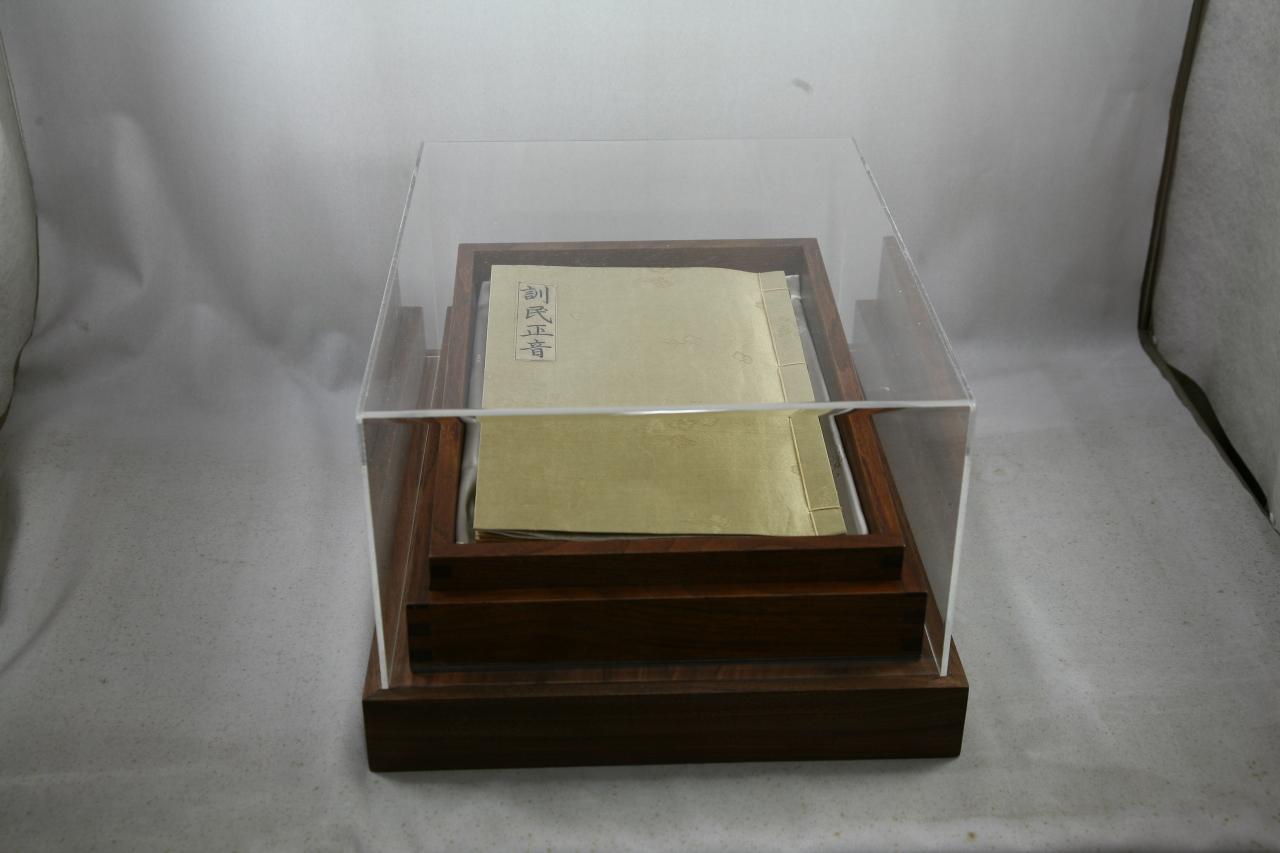

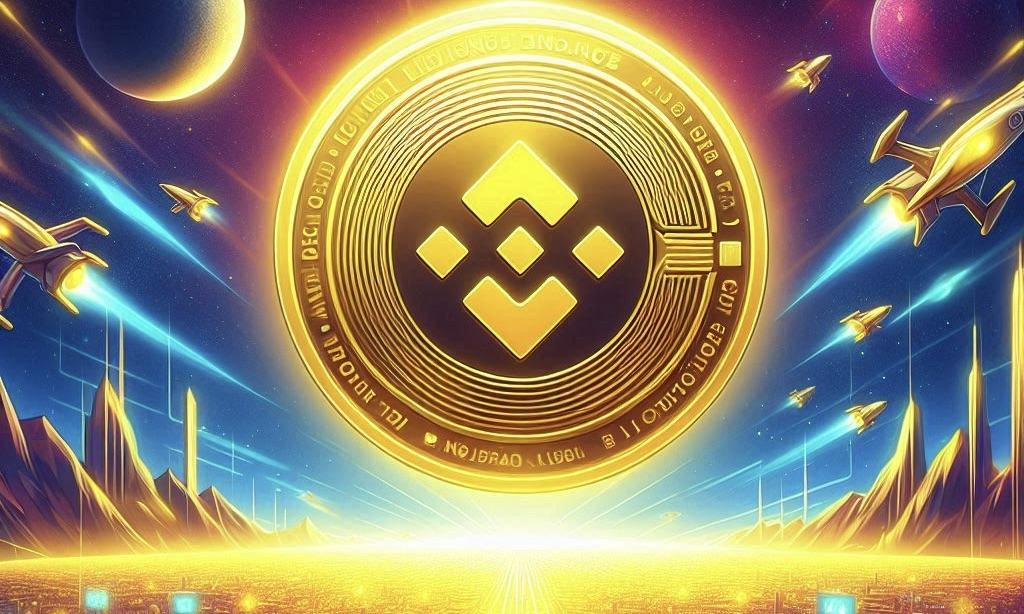
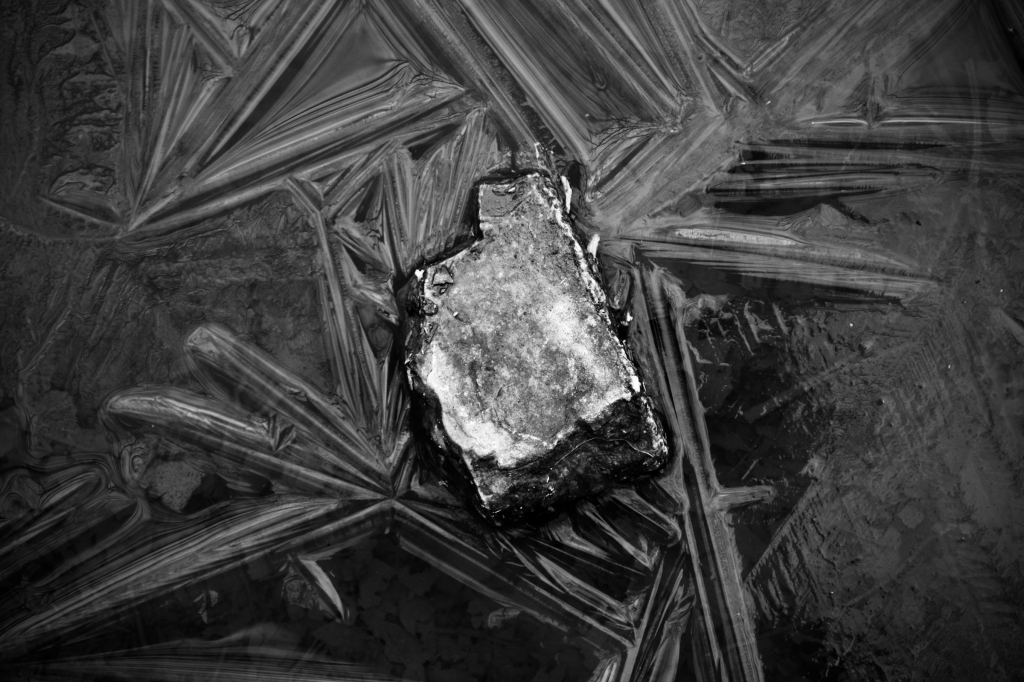





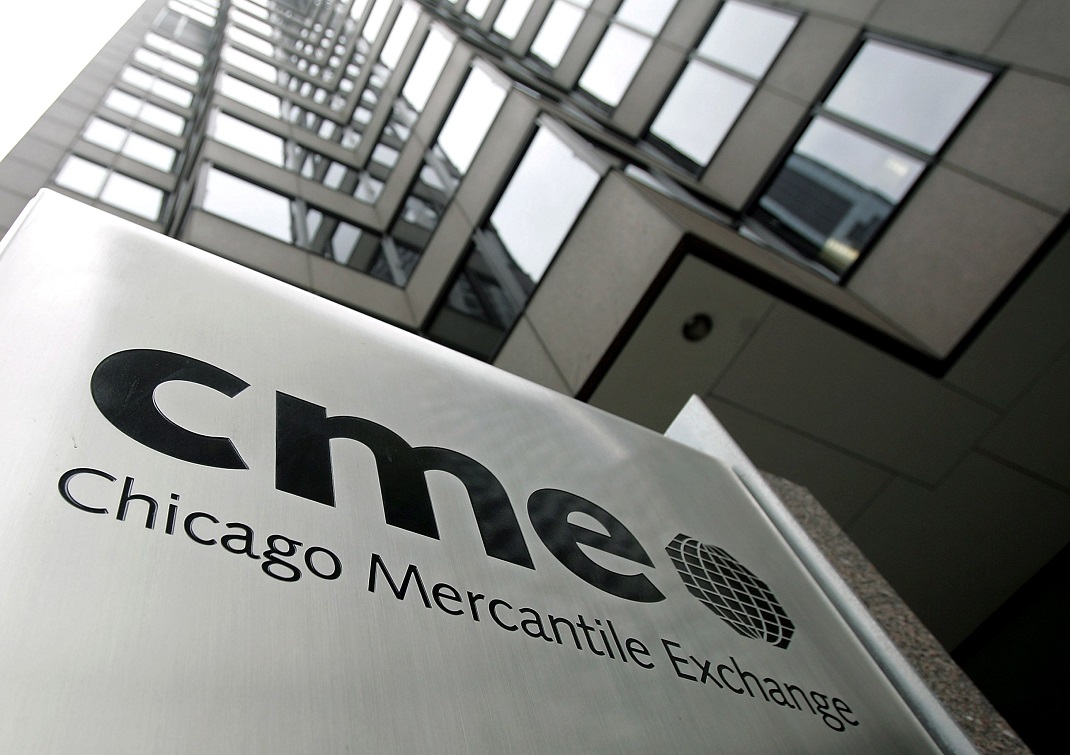

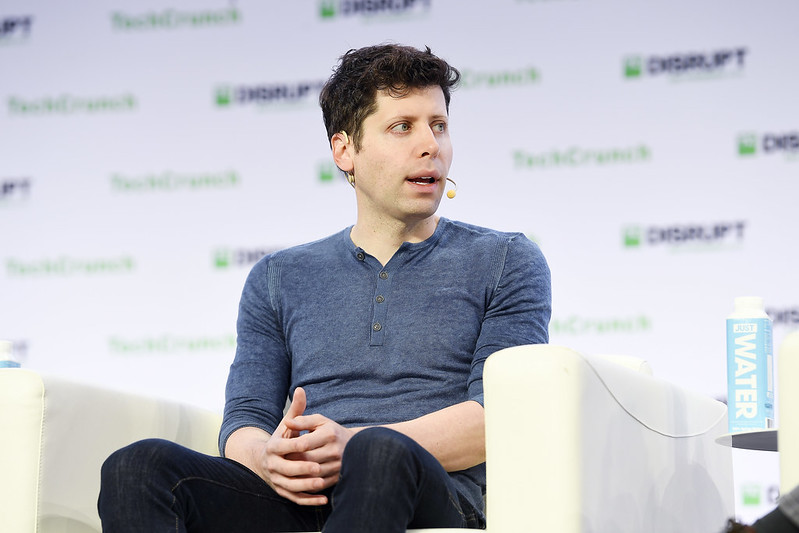



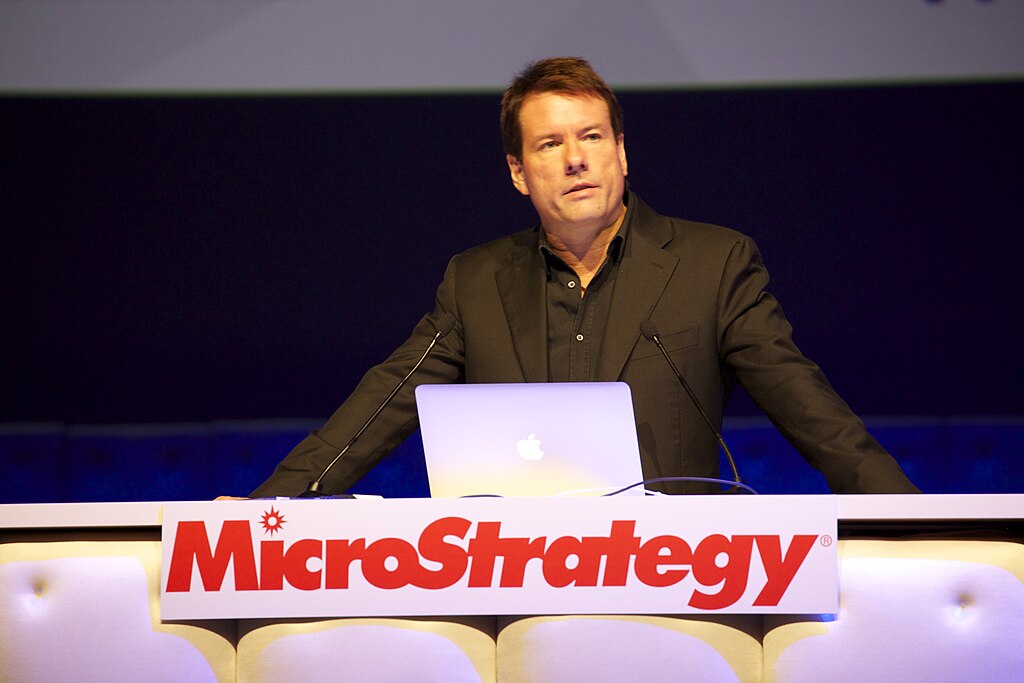



Comment 0